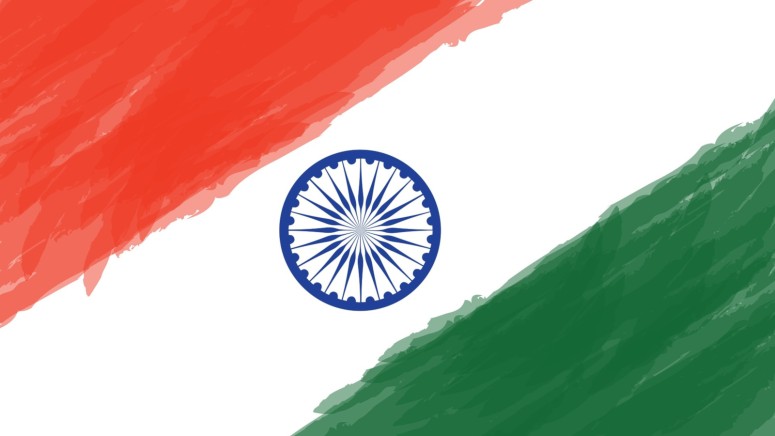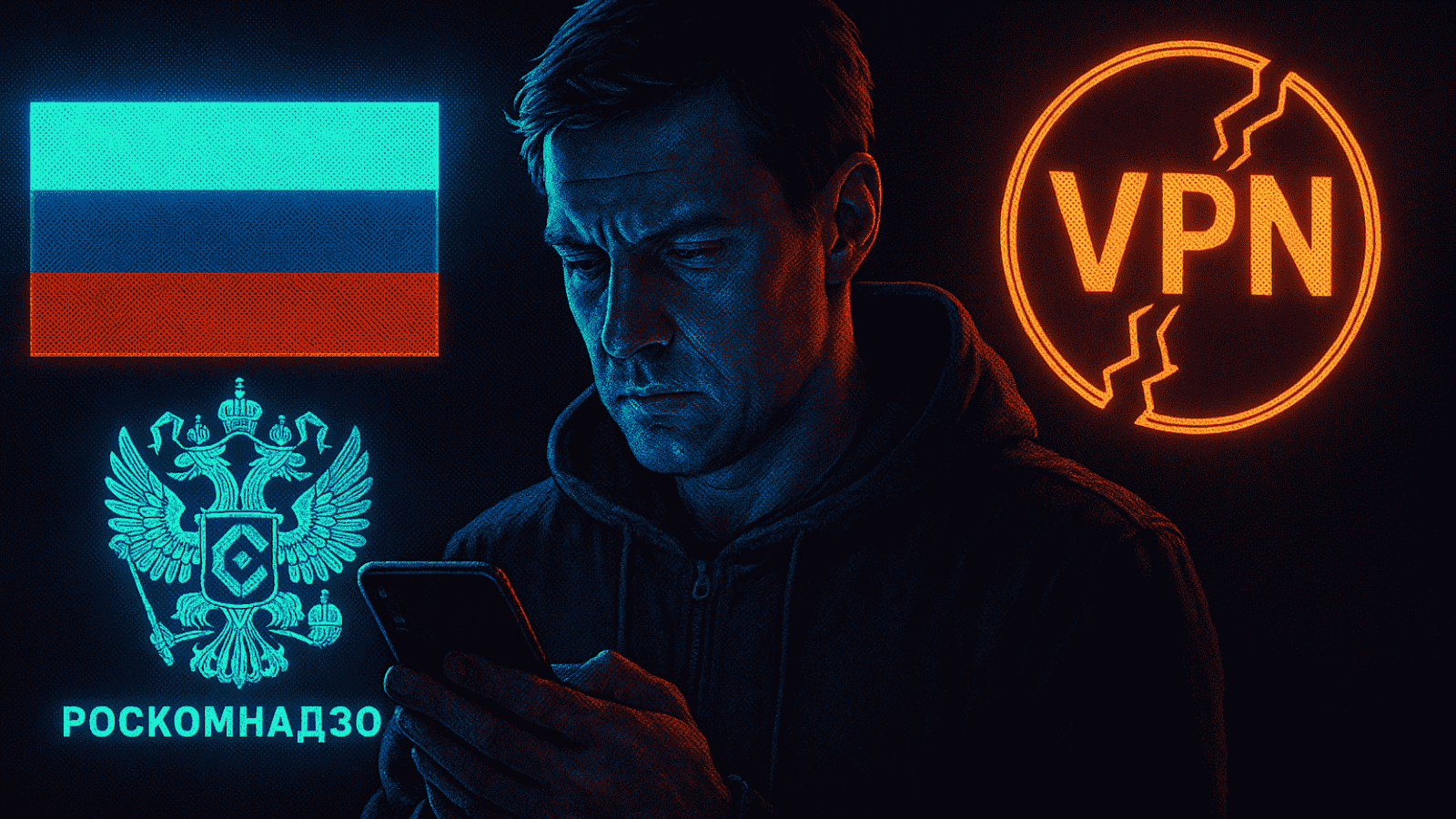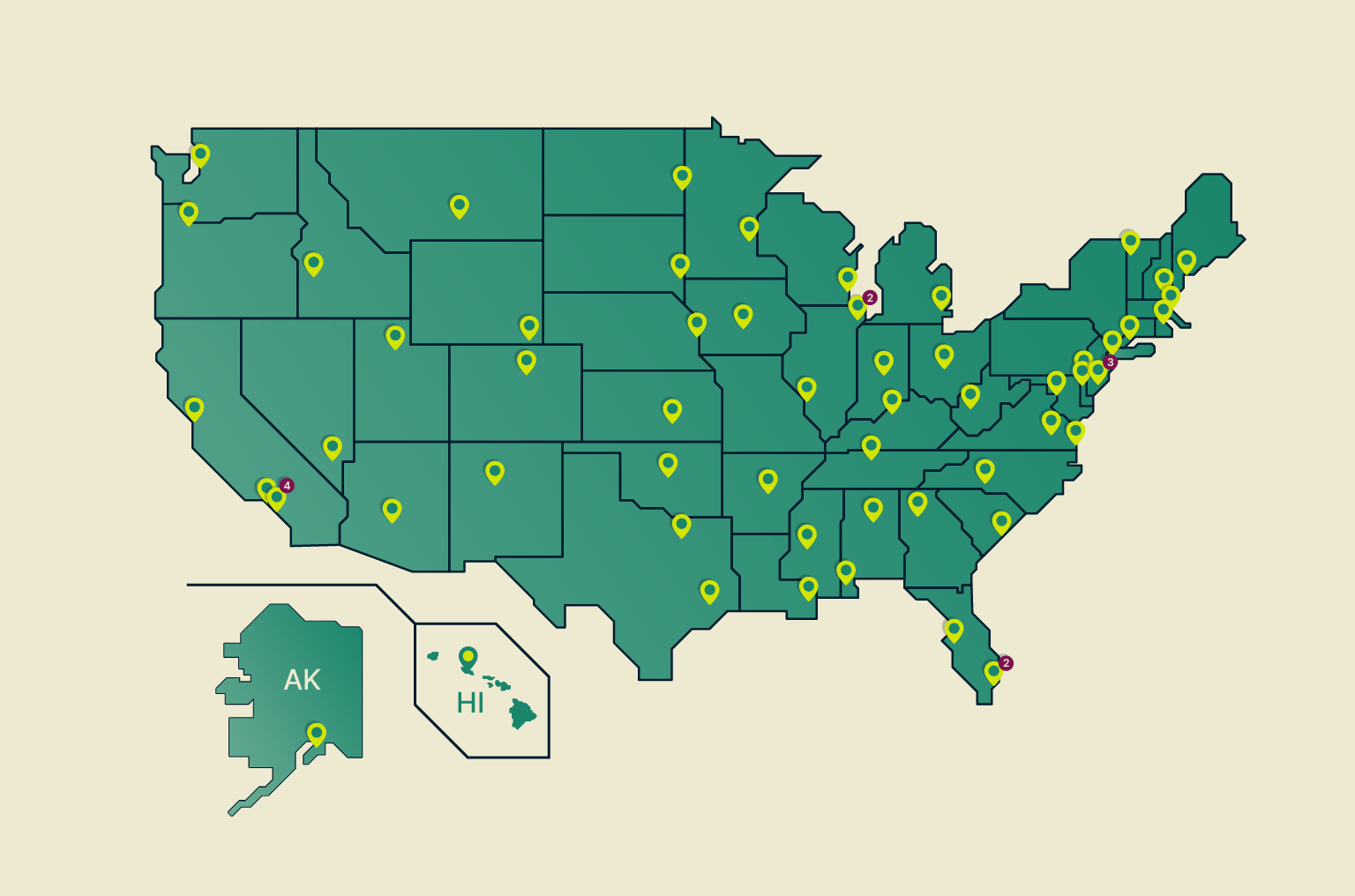
ISPs In India Block VPNs, Proxies, Telegram, and SoundCloud
- ISP blocks in India are extended beyond pornographic websites, as users report various services are now unreachable.
- The IFF has received multiple user reports from across the country in the past few weeks.
- The blocks seem to target privacy chat services, VPNs, proxies, music streaming platforms, and more.
The Indian government has tried to contain certain aspects of the internet that they consider to be unacceptably unethical, so last year, they have directed the ISPs (Internet Service Providers) in the country to ban more than eight hundred pornographic websites. As it seems, the bans have been widened to encompass more than just porn sites, as the IFF (Internet Freedom Foundation) has received 134 reports from across the country which talk about blocks on VPN services, proxies, torrent sites, Telegram, Sound Cloud, and more.
This type of bans is a clear indication that the government is not solely concerned with ethical matters since the new blocking points concern people’s privacy, internet freedom, and even copyright protection. As reported by the IFF, the alarming user reports reached them over a period of two weeks, stemming from all corners of the country, including metropolitan cities and smaller towns. The majority of the reports concern two of India’s most popular and widely used ISPs, Reliance Jio and Airtel. However, other ISPs such as ACT Fibernet, BSNL, Vodafone and Hathway are also in the list, so the blocking seems to be nation-wide.
1/10 Why is the @telegram web domain blocked in India on @reliancejio ? A short thread. Telegram is an internet messaging service which uses end to end encryption. It is used widely in India.
— Internet Freedom Foundation (IFF) (@internetfreedom) February 9, 2019
The IFF, which is an active digital liberties organization and advocate of free speech, net neutrality, and privacy, claim that the government and also the ISPs are making the situation worse by not communicating their blocking tactics clearly to the people. IFF sees this as a violation of net neutrality rules, as the blocks are not being justified by any kind of technical infrastructure-induced issues. Thus, the organization is addressing an open call to academics, activists, technologists, civil society groups, and network engineers to collaborate with them and help extend the complaints submitted to the government as a form of pressure to enforce net neutrality.
The ISPs who are enforcing the blocks are following the same route of mysticism, as they have published no official explanations to their customers, and there seems to be no court order that compels them to apply restrictions on specific internet services, platforms, and domains. It looks like the only way out of this is to raise awareness and inflict pressure on all stakeholders.
This post is aimed at raising awareness, and you can help us do precisely that by sharing it through our Facebook and Twitter pages. If you have similar blocking problems in India, feel free to share the details in the comments section below, and Tweet with #SaveTheInternet or #SaveOurPrivacy.











